The VLC media player 3.0.12 was officially released with native Apple Silicon support, improved Bluray, DASH and RIST support.
VLC 3.0.12 is the thirteenth version of the “Vetinari” branch of our popular media player. It’s the first release that includes native support for Apple Silicon hardware, the M1 processor in new versions of the MacBook Air, MacBook Pro, and Mac mini.
Here’s the full changlog:
- Add new RIST access module compliant with simple profile
- Add new RIST access output module compliant with simple profile
- Fixed adaptive’s handling of resolution settings
- Improve Bluray tracks support
- Improve WMV seeking and DASH support
- Fix crashes in AVI, MKV modules
- Fix audio distortion on macOS during start of playback
- Direct3D11: Fix some potential crashes when using video filters
- Several fixes in the web interface, including privacy and security improvements
- Update YouTube and Vocaroo scripts
- Fix rotation filter mouse handling
- Update translations
- For Mac OS:
- Add native support for Apple Silicon / ARM-64
- Visual UI adaptations for macOS Big Sur
- Fix displaying EQ bands in the UI depending on which frequency presets are set for the EQ in advanced preferences
- Fix UI issues in bookmarks window
How to Get VLC 3.0.12 in Linux:
VLC offers official Snap package that runs in sandbox. Though it’s not been updated at the moment of writing, Ubuntu users can install it directly from Ubuntu Software and get updates automatically. For other Linux, see snapcraft.io/vlc.
The media player is also available as universal Linux flatpak package, which is available HERE.
For deb binaries, Debian Unstable and Ubuntu 21.04 has built the package into main repositories. There may be a few third-party repositories to build the player, and you can check it out in launchpad.
For Fedora users, go check videolan.org/vlc/download-fedora.html.
And the source tarball is available to download at the link below:






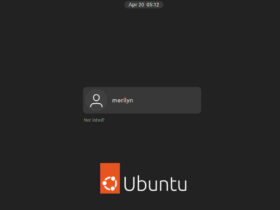
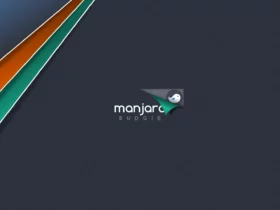
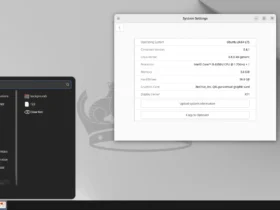
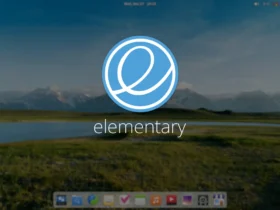


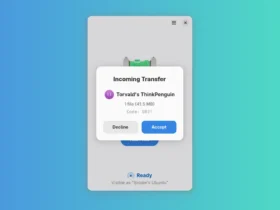
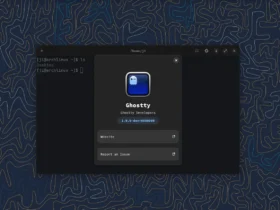
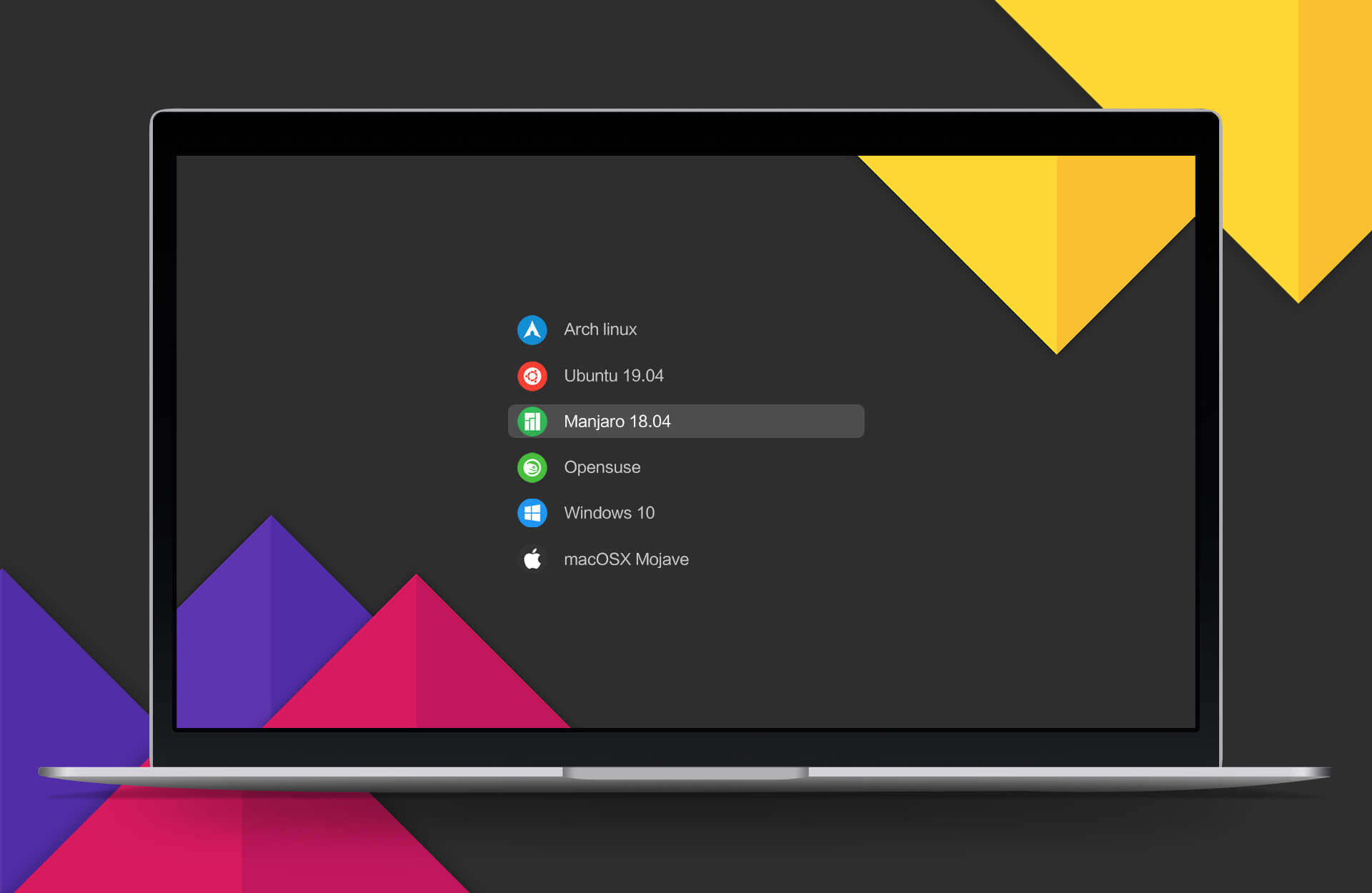
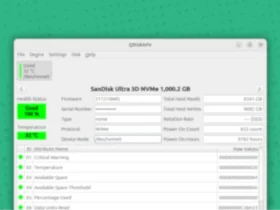
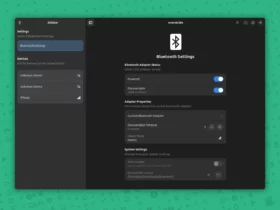

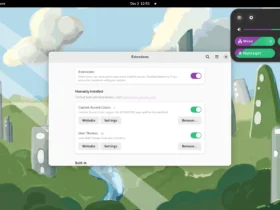
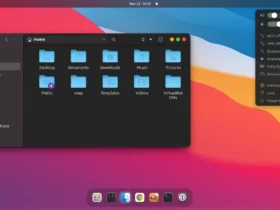
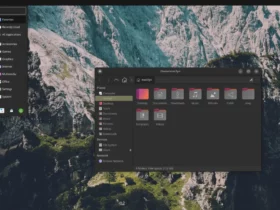
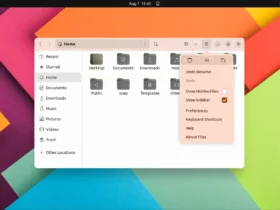
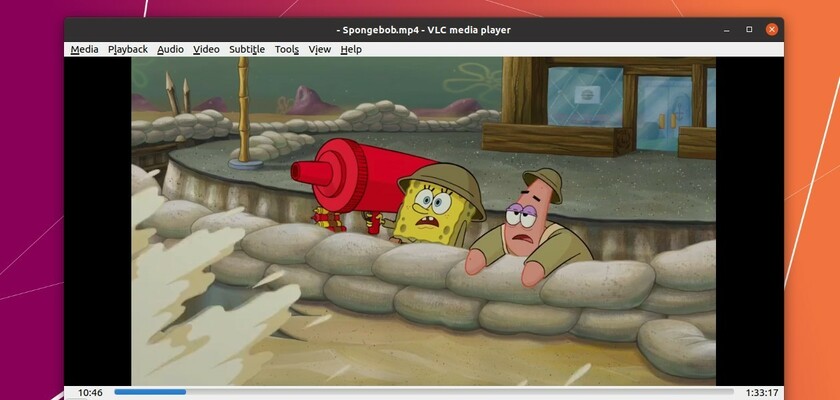

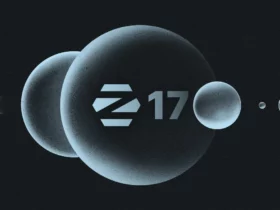

Recent Comments